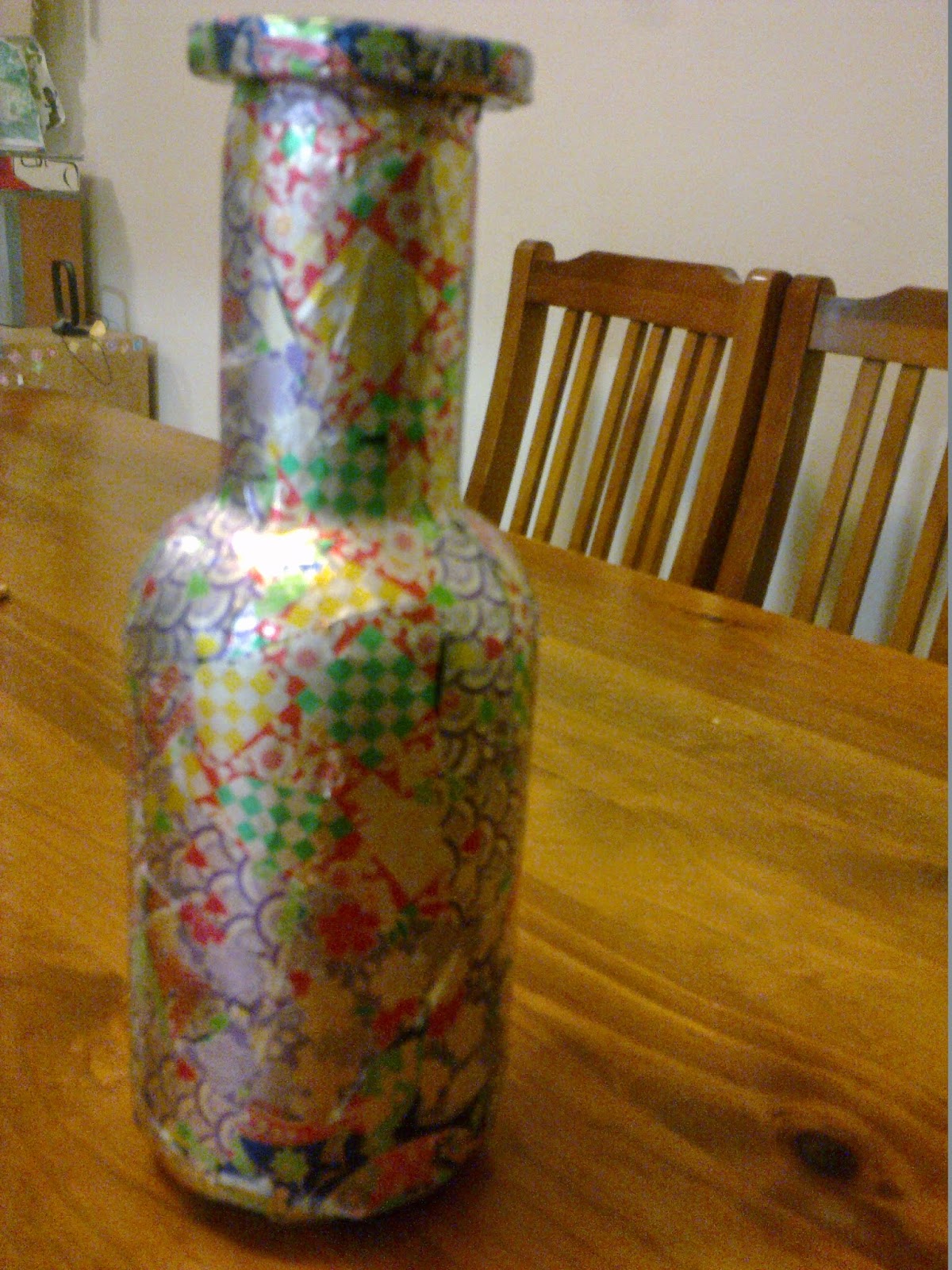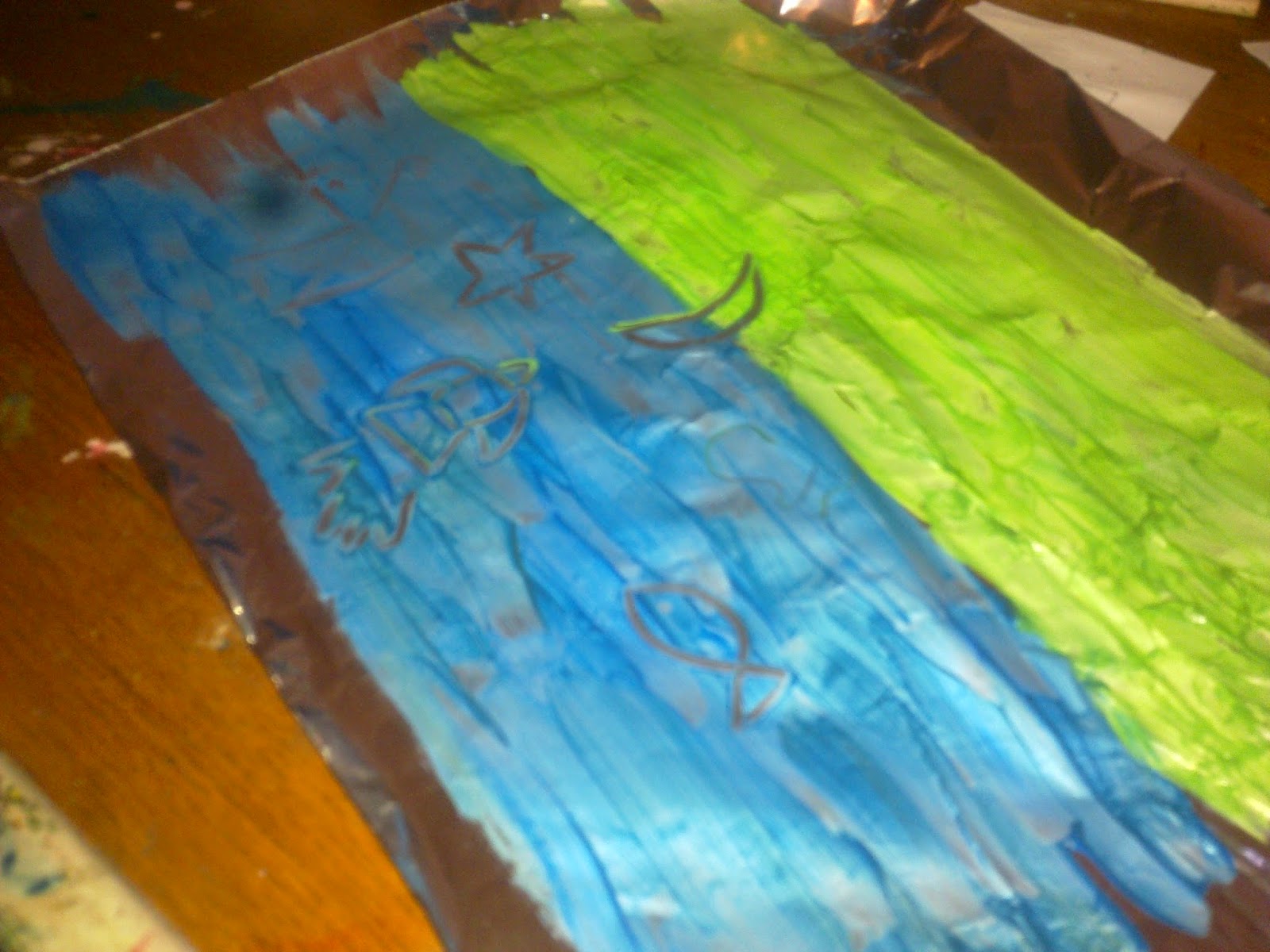Today a few hundred
women met at Angel Place Recital Hall for a girly chat. That’s right, I was
very blessed to have attended the City-to-City Conference for Women with Kathy
Keller as keynote speaker. I use the word “chat” intentionally because the
subject and the tenor of our conversation was exactly that – intimate,
personal, emotionally wrought. The guest speakers each spoke their personal
life story – on work, on loss and suffering – their personal testimony was as
much a part of the communicated message as well as the Bible teaching. So with
hearts resonating with the sweet timber of Chelsea Moon’s voicings to the Lord,
and under the warmly lit timber of this hall of refuge midst our city, we
settled down to a program that consisted of:
- Bible talk on Romans
5 (Cathy Tucker)
- Work and faith
(Kathryn Leary Alsdorf)
- The panel (on
suffering)
- Suffering (and
prosperity and comfort) (Kathy Keller)
Work and faith (Kathryn Leary Alsdorf)
I particularly wanted
to jot down my thoughts Kathryn Leary Alsdorf’s talk (the second of the day)
because her topic is one I have been thinking a lot about. What are the dangers
of work, she asks. Her points were clearly set out:
Danger 1: We are incompetent
or fruitless
Danger 2: The
environment is hard
Danger 3: That it’s
pointless
Danger 4: That it
brings out our “ugly”
This seems to be a fairly
comprehensive summary of the struggles of work. And the antidote to each of
those dangers...
In response to danger 1: We can fail at our work. We don’t need to
prove anything. Our failures do not define us. Therefore we are free to take
much greater risks for Christ.
In response to danger 2: We should not be surprised if the work
environment is hard because the world is broken. Our task is to go into that
brokenness and to join in God’s work in redeeming it.
In response to danger 3: The gospel is the only and perfect antidote to
meaninglessness. To be able to join in God’s work of redemption gives us meaning.
This is probably the
one issue I struggled most with when I was in the paid workforce – not just the
meaninglessness of the inconsequential task I’m made to slave away at 4am in
the morning but the bigger task that my small task is connected with that is
ultimately also meaningless. (Actually, I just realise that the situation reflects dangers 1, 2 and
3 all wrapped in one.) Kathryn said something quite applicable to me, which is
that people often work to get something out of it for themselves – even if it
is something as abstract and intangible as meaning – rather than enjoying the
work itself.
Calling is something
that is realised in retrospect. When you have lived each step of your life in
faithfulness to God, you look back and realise that has been your calling.
In response to danger 4, worship God. We are idol-making factories. If
we are not worshipping God, we are worshiping something else.
The gospel gives us a new story for work, a new vision for work, a new compass for work.
A new story for work. If we don’t know how the story ends, we don’t
know how to interpret our present (e.g. missing Malaysian airline plane). But
if we know how the story ends, then life is vastly different. And we do know
how God’s story ends. That gives us hope, a confidence and assurance of our
ending. She aptly used the example of her marriage at aged 58. She had no
assurance she was going to get married but if she knew that she was going to
get married at 58, that would make a difference to her earlier life wouldn’t
it?
I like that she explains
the bottom of the work issue as a story. Meaning
is ephemeral; meaning demands
answers. But story is the way God has
revealed himself. It is a story that has been completed in Christ (and it’s a
rollicking ride up till then) but it is a story that is continually being
unfolded, retold, heard, loved, mined for its riches. So the story of work
begins in Genesis 1, takes a dramatic turn for the worse in Genesis 3, and ends
in Revelations 21.
A new vision for work
Kathryn says, let our
imagination and creativity soar to see how we are part of God’s world.
A new compass for work
The difference the
gospel makes to work is not just to make us more ethical. We need wisdom. In Matthew 11:28, Jesus says, "Come to me all you who are weary an burdened, and I will give you rest. Take my yoke upon me and learn from me, for I am gentle and humble in heart, and you will find rest for your souls." Why then, isn't it easier? Kathryn challenges us to take off some of the burden of the task.
Flourishing faith is
not grabbing the golden ring; it is not control; it is not escape. Flourishing
faith is humble. Forgiving. Faithful. Joyful. Loving.
End of part 1.
 Bath paints
Bath paints


.jpg)

